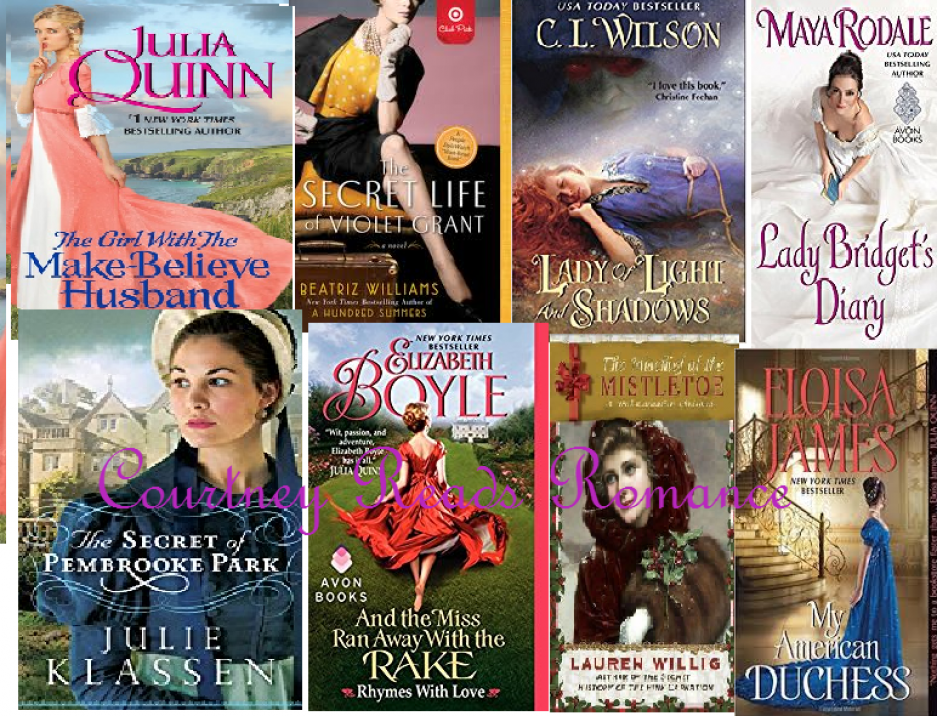I apologize, as this post on this is somewhat overdue. But it took a while to get my thoughts together, especially with more reactions, and especially response from The New York Times themselves coming out. But I hope you enjoy my analysis and thoughts on Robert Gottlieb’s insulting piece.
As it is Banned Books Week, this a great time to talk about banned or challenged books. But it is also a great time to reaffirm our freedom to read, and expand our horizons about genres we may not know a lot about, with an open mind.
For many, that includes romance. And, quite ironically, in several days, the old assumption that “romance = trash” has again been resurrected in a public forum, this time in a New York Times article by Robert Gottlieb, the 86 year old writer and editor of Simon & Schuster, Knopf, and The New Yorker. But despite his distinguished pedigree in the literary world, he shows his lack of knowledge of romance novels and their content almost from the first sentence.
First of all, in his summary of The Duke and I (what is a book from 2000 doing in an article with the headline”A Roundup of the Season’s Romance Novels?”, he first refers to Daphne as “Lady Daphne” (despite saying within the same sentence that she’s the daughter of a viscount. A paragraph later, he presents a Cliffs-Notes summary of the book, putting emphasis on the sex, “he ‘squirming with desire,’ she ‘writhing in delight’.”
He continues on in the same vein, with brief (and judgmental) summaries of select titles. At one point he has the audacity to say that, aside from “a few scattered references to racial matters, you’d never know” that the two leads from Deadly Rumors by Cheris Hodges are African American. Ron Hogan, in his rebuttal to Gottlieb, posed the question, “How should African-American characters behave to sufficiently convey their African-Americanness to readers?” He presents the point that, as Gottlieb was Toni Morrison’s former editor, should be aware of the nuances of African-American culture.
Once he is finished with his insulting “He/She/They” summaries, he begins to attack the genre as a whole, first outright alienating several popular subgenres, and then digging into a select number of recent releases, starting in Regency historical (as he blatantly ignores the other historical settings), making fun of the common tropes of the genre as formulaic. But as always, it comes back to sex for him, as he feels the need to point out that classic old school Regency romance author Barbara Cartland’s books are “without benefit of sex” [Emphasis mine].
And while he acknowledges that Nora Roberts writes “sensibly written” books, he returns to turning up his nose at the genre quickly, by bringing up the Fifty Shades phenomenon. And while I have expressed my ambivalence and distaste for some segments of romance in the past, I firmly believe that we should all adhere to the saying, “Don’t yuck on someone else’s yum.” A lesson Mr. Gottlieb appears not likely to take to heart, even considering the statement in the closing lines of his piece, where he questions the whether the violence and danger of James Bond with stories of romance and female empowerment. Especially when he boils down the reading of these books to being “harmless.”
In addition to Hogan’s article, there have been a number of other responses across the Internet.
Author Laura Layne, while a bit late to the party on this issue, delivered a similarly incensed response. And Read-a-Romance Month founder and romance reviewer Bobbi Dumas (who notably had her reviews of romances featured last year in a much more favorable piece showcasing the genre and its current offerings at the time) wrote expressing her exhaustion of having to defend it, but also pointed out that while this article was by a man, it saddens her further when it’s a woman bashing the genre, as it shows how much misogyny is internalized in our society. This piece continued with a piece that showed her knowledge and experience of reading the genre, through picking recent releases, and discussing them based on their merits, without reducing them to the same tired cliches.
The post of the link to the article on The New York Times Books Facebook page drew negative comments from many readers, many of whom I recognized from “seeing” them every day in book club chats. And then, sixteen hours ago at the time of this writing, editorial director Radhika Jones posting a feeble apology “thanked” the commenters for their “passionate response.” No mention of any changes being made. No indication that she and other staff there realized their mistake of constantly not showing a prominent, if not the most popular, genre in the fiction market. Are they just happy to be getting clicks?!
This is yet another reminder that even as more things progress, more things stay the same, both politically and socially. We have the power to change that. Encourage anyone who has disparaged a romance novel without having read one to do so. Because at the end of the day, whatever you read, at least you are reading.


